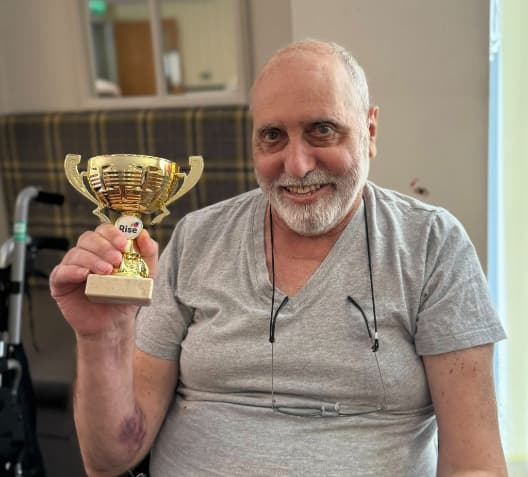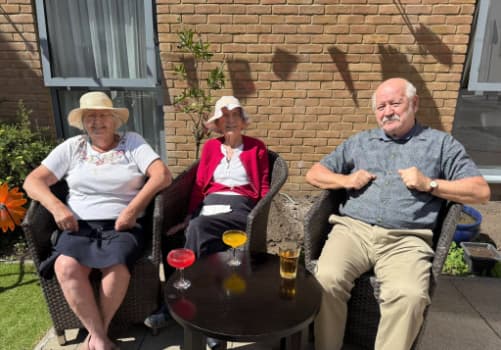When is it Time for Palliative Care in Cardiff? A Short Guide for Families
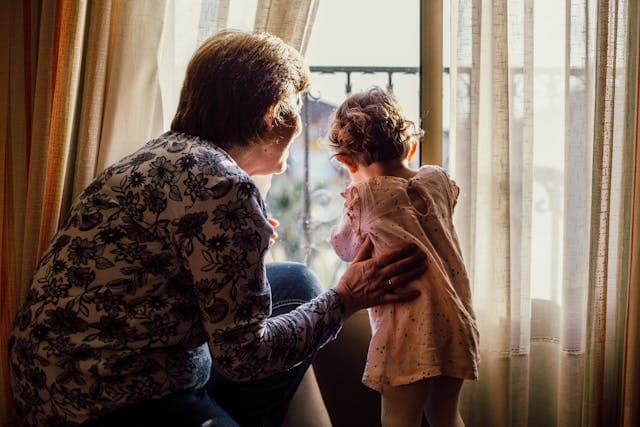
Caring for a loved one with a serious illness can be emotionally overwhelming. One of the most difficult questions families in Cardiff face is, "When is the right time to consider palliative care?" Here at Tŷ Llandaff Care Home in Pontcanna, we understand the complexity of these decisions.
This guide aims to shed light on the benefits of palliative care and how our compassionate team can support you and your loved one on this journey.
What is Palliative Care?
Palliative care is specialised care focused on improving the quality of life for individuals facing serious illnesses. It's a common misconception that it's only for end-of-life care, but palliative care can begin at any stage of an illness. The focus is on comfort, pain management, and emotional well-being for both the individual and their family. It's about living the best life possible, with dignity and grace, even when facing difficult health challenges.

What are the Benefits of Palliative Care?
Palliative care at Tŷ Llandaff is designed to provide comprehensive support and comfort to those facing serious illness, enhancing the quality of life at every stage. Our highly trained nurses and carers bring extensive experience and compassion to managing pain and other symptoms, ensuring your loved one experiences the highest level of physical comfort. This might involve tailored medication schedules, gentle therapies, and a holistic approach that considers individual needs and preferences.
We also recognise the emotional and spiritual toll that serious illness takes on both individuals and their families. At Tŷ Llandaff, we offer a range of support services to address these needs, including individual counselling, support groups, and access to spiritual leaders from various faiths. We understand that every person's spiritual journey is unique, and we strive to provide an environment where all beliefs are respected and honoured.
Preserving your loved one's quality of life is at the heart of our palliative care philosophy. We focus on helping them live each day as fully as possible, celebrating their strengths and interests. Whether it's a gentle stroll through our peaceful gardens, participating in our Welsh cultural activities, or simply sharing laughter and conversation with friends and family, we encourage meaningful engagement and enjoyment.
We also recognise the immense challenges faced by family caregivers. Our team offers respite care options, allowing you to recharge while knowing your loved one is in safe and compassionate hands. We also provide resources and emotional support for families, connecting you with support groups, educational materials, and our caring staff who are always available to listen and offer guidance.
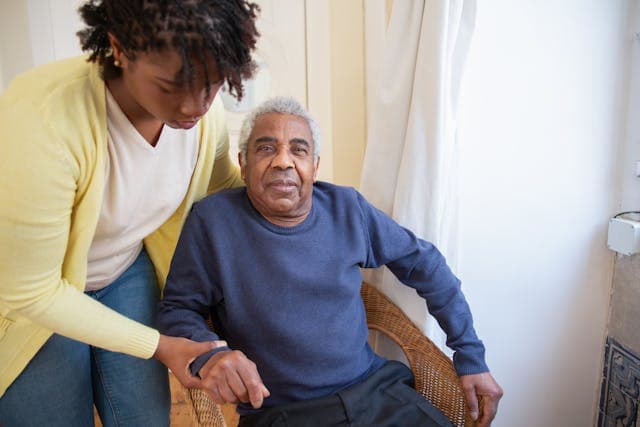
When to Consider Palliative Care
Deciding when to transition a loved one to palliative care is a deeply personal and often difficult process. There's no single right answer, as each individual's situation is unique. However, recognising certain signs can help guide your decision and ensure your loved one receives the best possible support when they need it most.
If your loved one is experiencing frequent or uncontrolled pain despite current treatments, palliative care can offer specialised pain management strategies to enhance their comfort and quality of life. Similarly, if they are struggling with fatigue, nausea, shortness of breath, or other distressing symptoms that are impacting their daily life, palliative care can provide relief and improve their overall well-being.
Sometimes, the challenges of caring for a loved one at home can become overwhelming. If your loved one has difficulty with daily tasks like bathing, dressing, or eating, and requires more support than you can provide, palliative care can offer the necessary assistance in a safe and supportive environment. Additionally, if you or your family members are experiencing burnout from caregiving responsibilities – feeling exhausted, stressed, or neglecting your own health – palliative care can step in to provide respite and allow you to focus on your own well-being.
Finally, palliative care is not just about physical symptoms; it also addresses emotional and spiritual needs. If you're seeking additional support to help your loved one cope with the emotional challenges of their illness, or if you're looking for spiritual guidance and support for your family, palliative care teams can provide compassionate counselling, support groups, and access to spiritual resources. It's important to remember that you're not alone in this journey, and seeking help is a sign of strength and love.
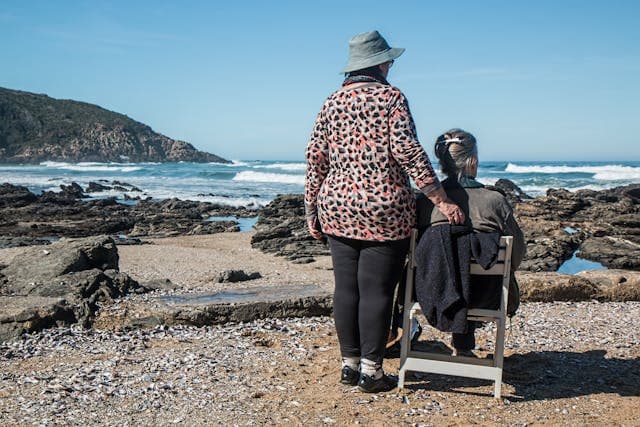
The Tŷ Llandaff Difference: Compassionate Care in Cardiff
At Tŷ Llandaff, we offer a truly holistic approach to palliative care. We embrace Welsh traditions, offering Welsh-speaking staff for our Welsh-speaking residents, and incorporating cultural activities that provide comfort and familiarity.
Our compassionate team will work closely with you and your loved one to create a personalised care plan that addresses their specific needs and wishes. We'll provide a safe, supportive environment where they can enjoy their remaining time with dignity, comfort, and the highest quality of care.
"When my mum was diagnosed with cancer, I was overwhelmed. Tŷ Llandaff's palliative care team was a godsend. They provided not only the best medical care but also the emotional support my whole family needed." - Aeron G., son of a Tŷ Llandaff resident.
If you're considering palliative care homes in Cardiff, we invite you to experience the warmth and compassion of Tŷ Llandaff. Contact us to schedule a tour and discover how we can support your loved one during this challenging time.




